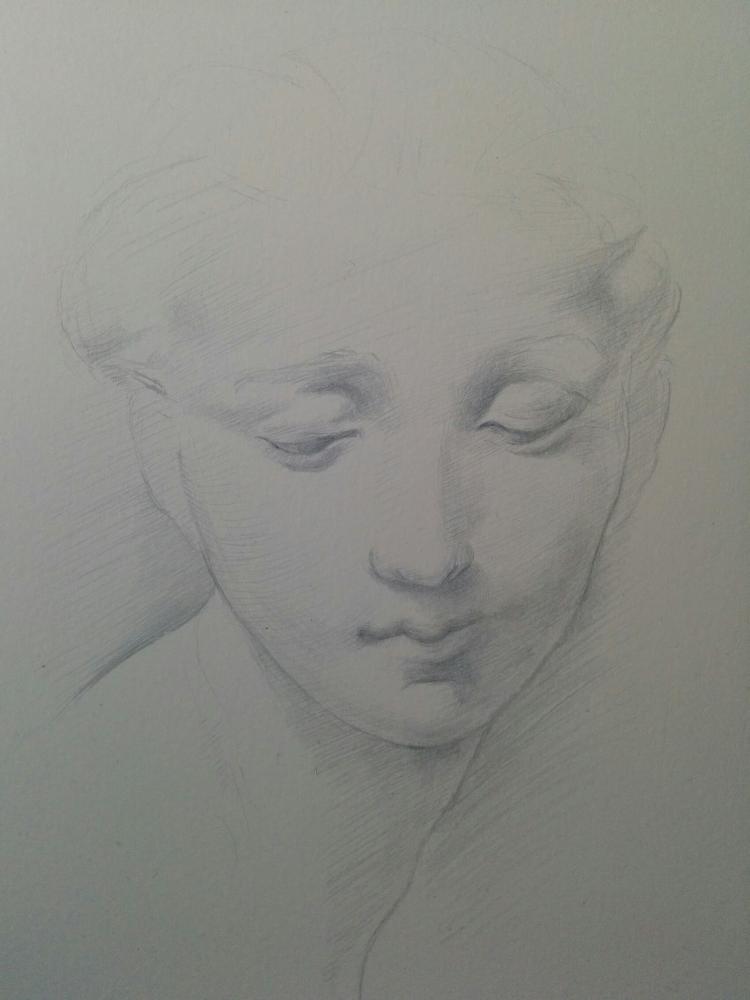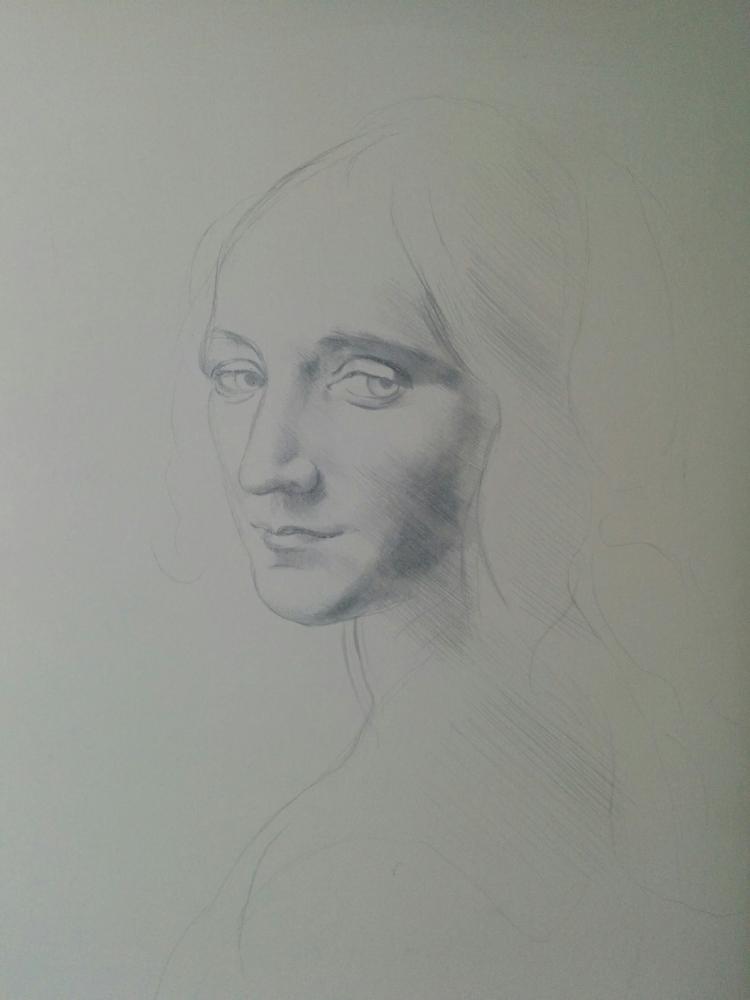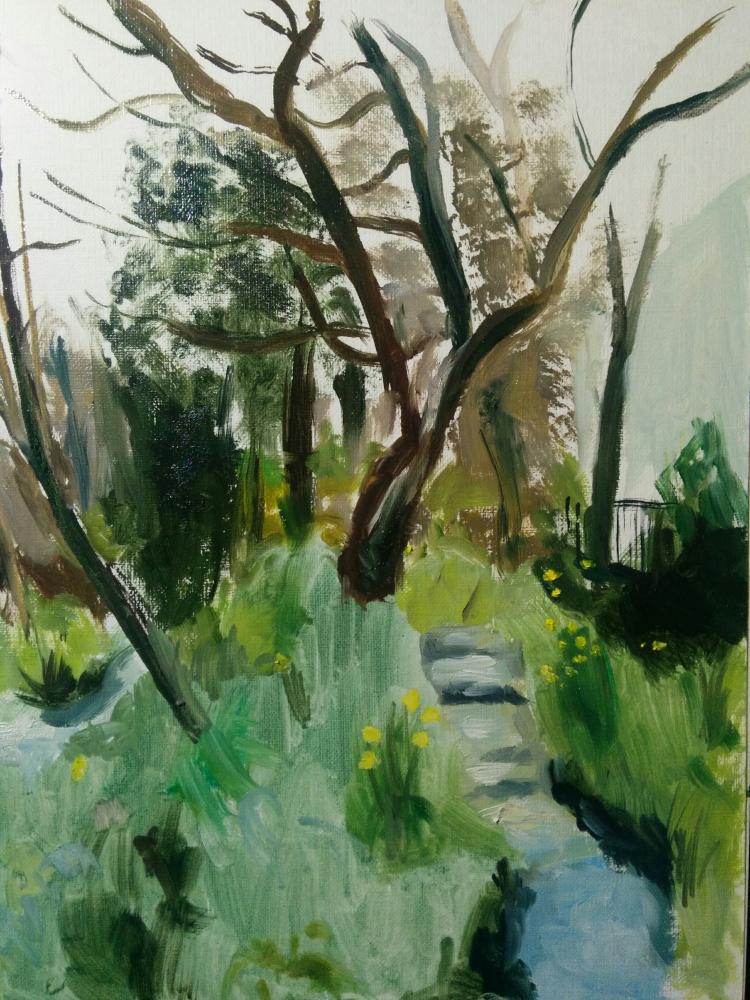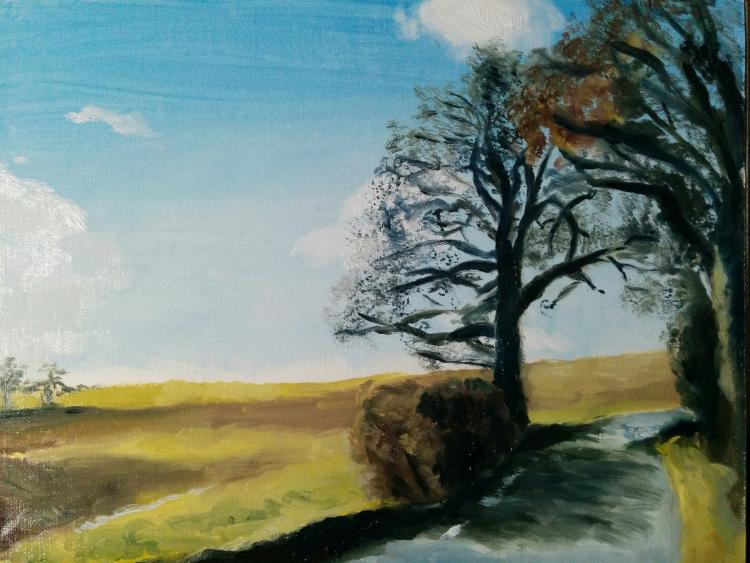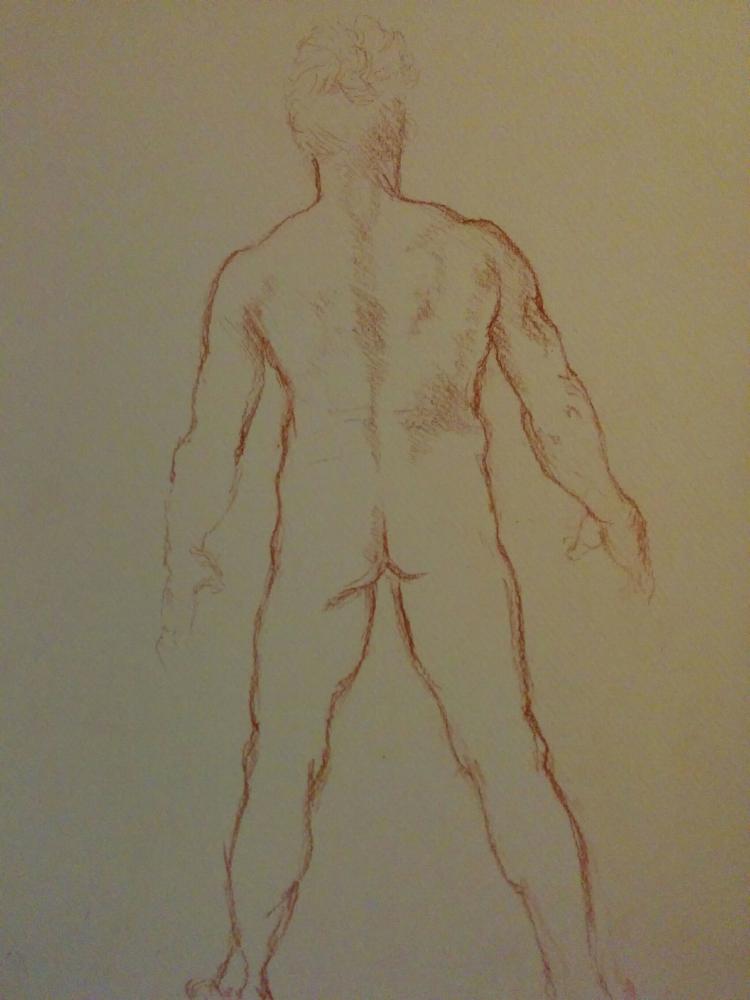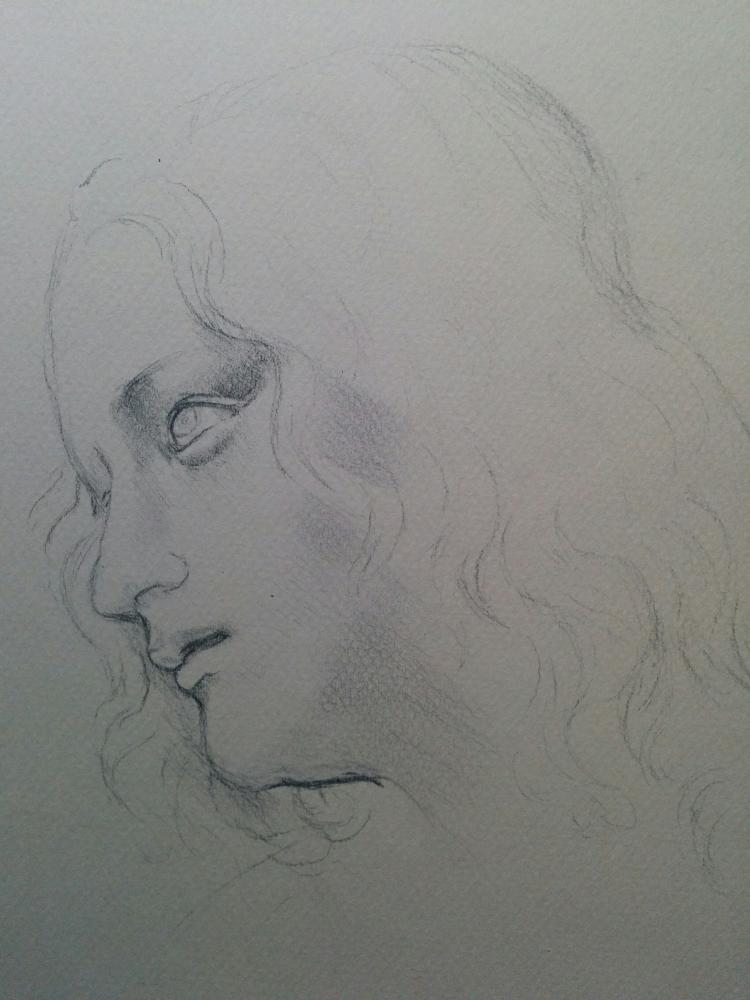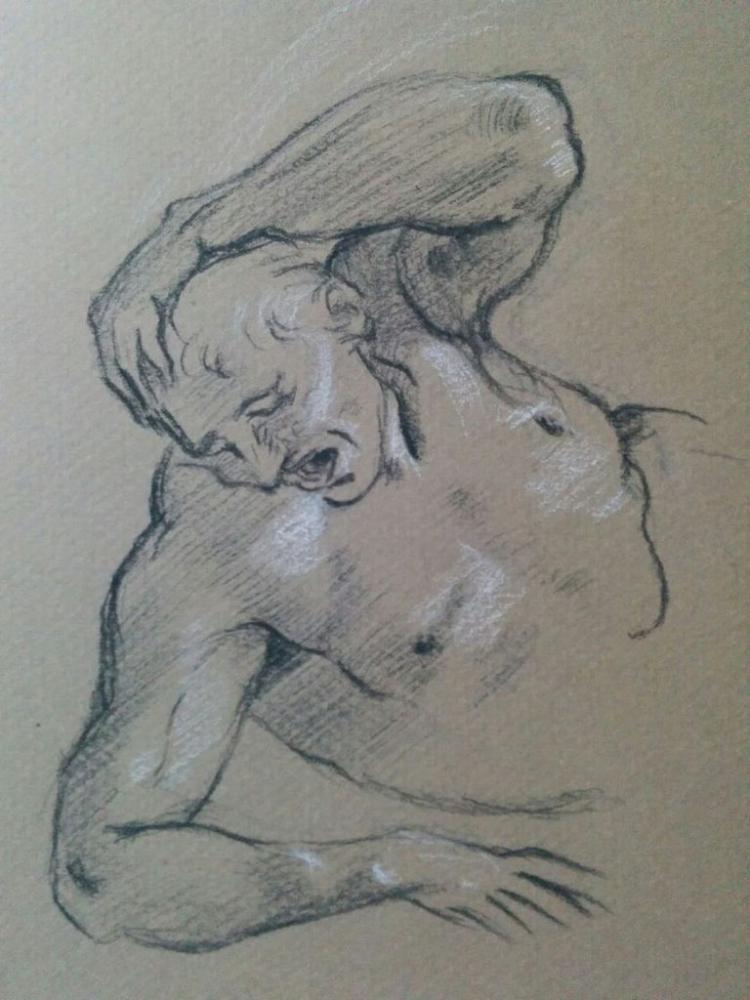Lost and without a plan, it is meet to remember that we all are, really. In the face of the great immensity of the universe how can we ever be anything but lost? We cannot know how one action will impact another, we cannot determine how best to bring about what we want, even if we knew what it was we wanted in the first place. It is okay to be lost; it is right to be humble at how impossibly little we know. Chaos theory, the butterfly effect, small actions having large consequences. We can only orient ourselves with the tiny scraps of information available to us and hope for the best. It is impossible to trace causal chains. Perhaps an action that appears catastrophic to one generation was necessary to emancipate all subsequent generations. Perhaps having an odious politician in office one term is critical for positive change in the future. There is no way to know anything for sure.
Algebra applies to the clouds, the radiance of the star benefits the rose--no thinker would dare to say that the perfume of the hawthorn is useless to the constellations. Who could ever calculate the path of a molecule? How do we know that the creations of worlds are not determined by falling grains of sand? Who can understand the reciprocal ebb and flow of the infinitely great and the infinitely small, the echoing of causes in the abyss of being and the avalanches of creation? A mite has value; the small is great, the great is small. All is balanced in necessity; frightening vision for the mind. There are marvelous relations between beings and things, in this inexhaustible whole, from sun to grub, there is no scorn, each needs the other. Light does not carry terrestrial perfumes into the azure depths without knowing what it does with them; night distributes the stellar essence to the sleeping plants. Every bird that flies has the thread of the infinite in its claw. Germination includes the hatching of a meteor and the tap of a swallow's beak breaking the egg, and it guides the birth of the earthworm, and the advent of Socrates. Where the telescope ends, the microscope begins. Which of the two has a greater view? Choose. A bit of mold is a pleiad of flowers; a nebula is an anthill of stars. The same promiscuity, and still more wonderful, between the things of the intellect and material things. Elements and principles are mingled, combined, espoused, multiplied one by another, to the point that the material world, and the moral world are brought into the same light. Phenomena are perpetually folded back on themselves. In the vast cosmic changes, universal life comes and goes in unknown quantities, rolling everything up in the invisible mystery of the emanations, using everything, losing no dream from any single sleep, sowing a microscopic animal here, crumbling a star there, oscillating and gyrating, making a force of light, and an element of thought, disseminated and indivisible dissolving all, that geometric point, the self; reducing everything to the soul-atom; making everything blossom into God; entangling from the highest to the lowest, all activities in the obscurity of a dizzying mechanism, linking the flight of an insect to the movement of the earth, subordinating--who knows, if only by the identity of the law--the evolutions of the comet in the firmament to the circling of the protozoa in the drop of water. A machine made of mind. Enormous gearing, whose first motor is the gnat, and whose last is the zodiac.Victor Hugo, Les Misérables
